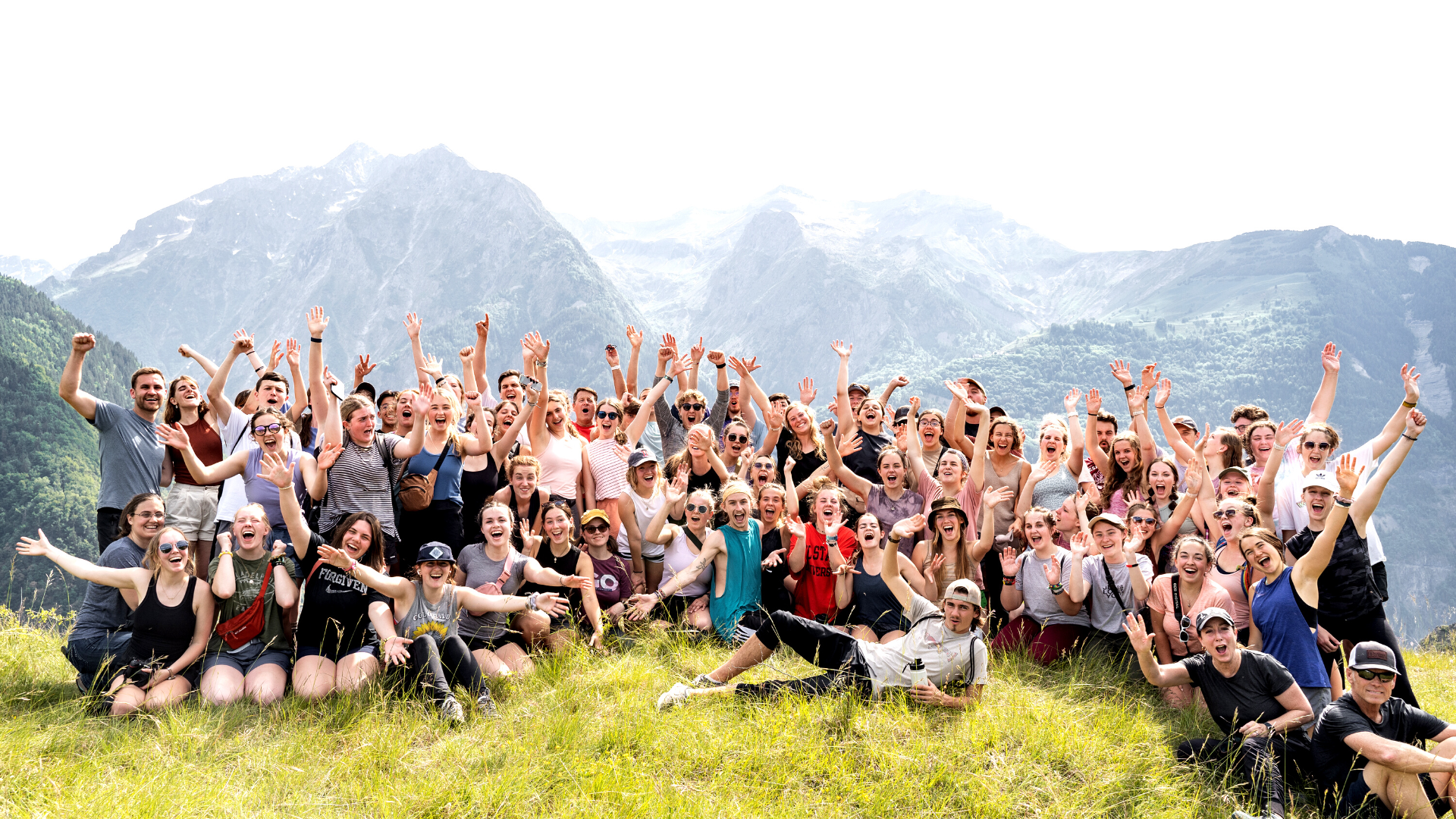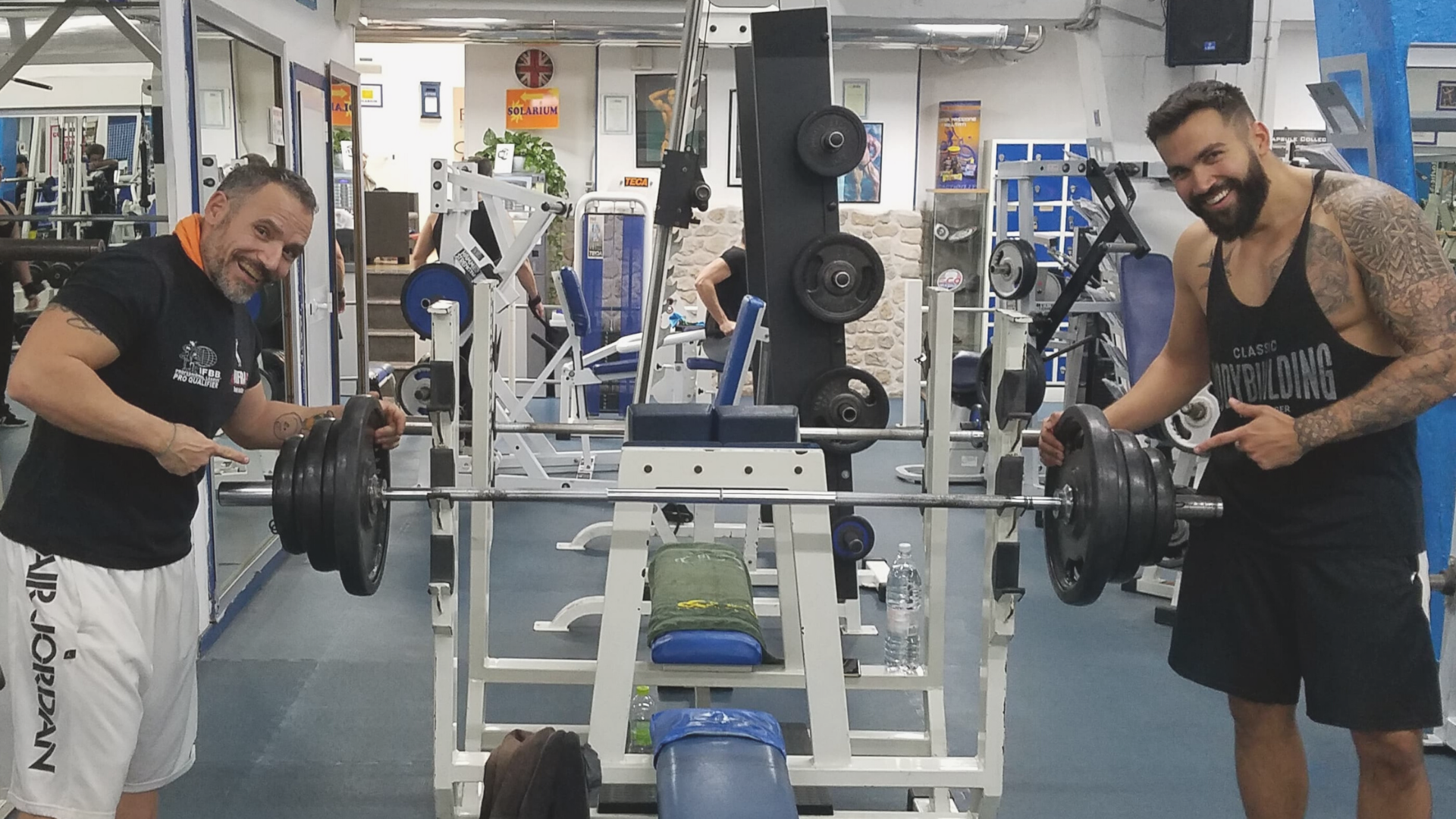Global workers Peggy and Heather are two of many who serve in a continually sought after, globally relevant, and always needed vocation – education. With the consistent rise in immigrants, tourists, and general movement of expats, there comes an equal rise in the need for language learning.
Learning a language takes time and often requires the prolonged company of both teachers and fellow students. The communal nature of language learning provides opportunities for networking, forming relationships, and having deeper conversations outside of the classroom. For those yearning to share God’s love with others, this is an ideal environment with many chances to talk with people who need the hope that Jesus offers.
Peggy Winford volunteers alongside a team of English teachers in a continuing education course. “[The relaxed nature of this conversation group] is very well received by the Germans,” Peggy notes, adding that there are students who have enjoyed its friendly atmosphere for longer than her five years of involvement! “It’s a couple hours a week, so it’s not a driving force, but it’s a fun and great way for us to connect with Germans – it’s almost like a club.”
Finding creative ways to share the Gospel in this conversation group has not always been easy. “Many of the students either have no interest in Christianity or already think they are Christian because they were baptized as a baby, so we are very careful how we share our faith,” Peggy explains. “We’ve watched GEMstone media’s film The Kingdom, using it as a discussion piece; and with some students, we’ve watched part of the Alpha course together outside of the classroom.” As relationships continue to develop, Peggy and her colleagues continue to pursue creative ways to share their faith.
Heather Bachman has children in her English-learning student body, offering a different experience in the realm of teaching. Though the local elementary school where Heather teaches offers a more structured environment, there’s no shortage of opportunities to share the Gospel with her students. “I teach in a Christian setting, but the students are not primarily Christians,” she explains. “It’s amazing, though, because that means I am able to openly talk to them about Jesus, pray with them, tell them how much He loves them, and hopefully touch their hearts with the Gospel.”
In addition to teaching in the classroom, Heather also brings her instruction – and faith – to the school gym. “We talk about faith regularly with my basketball team and pray at every practice,” Heather revels. She’s also introduced a devotional for the pre-teen girls, piquing the players’ curiosity about Jesus. “I love when they ask questions, because that means they are really thinking about what they’ve heard,” Heather says. “Having grown up in a Christian home, it still surprises me to hear questions like: ‘Who is David?’”
Whatever the setting, there’s no doubt that education is a wonderful way to make an impact. “We are teaching English to build relationships,” Peggy says, stating that the classes allow for connections to be made on a more personal level.
“I pray every time I drive to the school that I will remember the main purpose behind why I am there. It’s not just to teach the kids English, it is to share the love of Jesus with them,” Heather states.
We want to take a moment to acknowledge those who use their gift of teaching as a form of ministry, especially across Europe. It’s not always an easy task! Let’s pray for wisdom as they teach, endurance for when it gets hard, and spiritual impact to be made within the student body.











